The click-chemistry pioneer on research funding, fireworks and getting the band back together.
Morten Meldal is a professor at the University of Copenhagen and is the head of its Center of Evolutionary Chemical Biology. He founded the Society of Combinatorial Sciences (SCS) in 1999, and in 2022 won the Nobel prize in chemistry for his role in developing click chemistry.
I was very privileged as a child. I was always with my parents in nature, and my grandparents had a great farm, a large one with a forest and meadows. I started very early to wonder how things could be so beautiful. And one of the things that I noticed was that chemistry was an option to explain what is going on in biology and just to explain the world.
During high school I made some of the most beautiful fireworks ever. They were really quite spectacular in terms of how high the rockets could fly.
I got interested in programming and started studying engineering. I was really interested in how to use programming to help functions in society, and also how to solve problems in chemistry with programming. It was to the extent that I almost chose an IT career. But then I thought, well, chemistry is everything. So that’s what I’m going to do.
I was very lucky to get a postdoc at one of the most esteemed laboratories, the MRC Laboratory of Molecular Biology in Cambridge. They produce a lot of Nobel laureates. And it was a very nice research environment. Everything was focused on your research and on your results. If you had an idea, you just went down to the workshop, and the next morning, you would have the instrument that you asked for. It was an incredible place.
You have to have a pleasurable environment in order to do proper research, and proper learning. You cannot learn by force or discipline; you can only learn if it’s something that interests you. You can only get new research results that are important if you’re really sticking your brain into it. And you won’t do that unless it’s a pleasurable feeling.
I try to maintain a very friendly atmosphere in the research group. And as soon as there’s any kind of problem, we address it immediately. Because that’s most important – to have this positive atmosphere of researchers that are supporting each other in whatever they’re doing.
My advice to young researchers would be to follow your brain and follow your instincts. I really like people to stick with their own ideas. Get advice, but you don’t have to necessarily follow it. With research, it’s very important that you have your own brain completely sucked into it, so that there is space for almost nothing else. You can get to a point where you’re dreaming about it before you go to sleep.
After I finished my PhD I struggled to find a permanent position while being a postdoc. I was sort of hanging around the system for five or six years. Five or so years is a long time to work without a future. I was then offered the opportunity to build up a synthesis group at the Carlsberg Laboratory to support the biochemistry they were doing.
My proudest achievement in life would be my son and my daughter. They are both spectacular people.
Get advice, but you don’t have to necessarily follow it
I was in my office preparing video lectures for my students when I was called and informed I won the Nobel prize. I wasn’t allowed to tell anybody for an hour, which is tough. It was a very long hour, I couldn’t even call my wife. And then, 30 seconds after it was announced, I heard a lot of noise out in the hallway.
I was pranked by some students a few years ago. They called me pretending to be the Nobel prize committee. So when I won it for real my initial thought was that they were doing it again, but I quickly realised it was the real committee. That was a big life-changing surprise.
There’s a lot of good science going on in Denmark today. One of the reasons is the taxation system, which I love, because it’s been extremely good for supporting Danish welfare and research. The taxation system incites the establishment of these huge foundations that are required to support research. And they do that now from a societal perspective, not for profits.
My best friend is a painter called Henrik Schütze. I have known him since high school and we are like two poles that interact very well. He and I both are very visual people, him with painting and me with chemistry, seeing how things look and how they interact.
I am looking to reinitiate a covers band I played in until I was awarded the Nobel prize. We called ourselves the Carlsband and I play the guitar. I’ve also played drums in a samba band and I love to make my own guitars.
I listen to all kinds of music. I’ll listen to anything. From bands like The Weather Report, Bob Marley to even modern music like Skrillex. My son tries introducing me to all kinds of modern digital music.
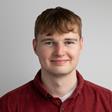
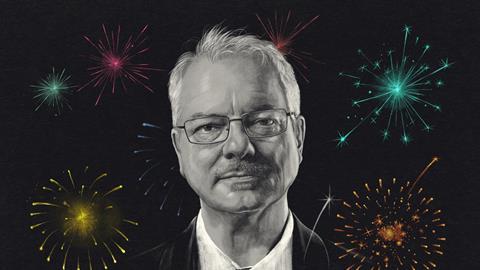

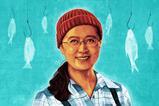
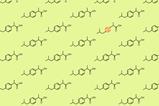


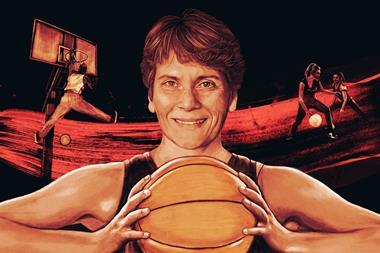










No comments yet